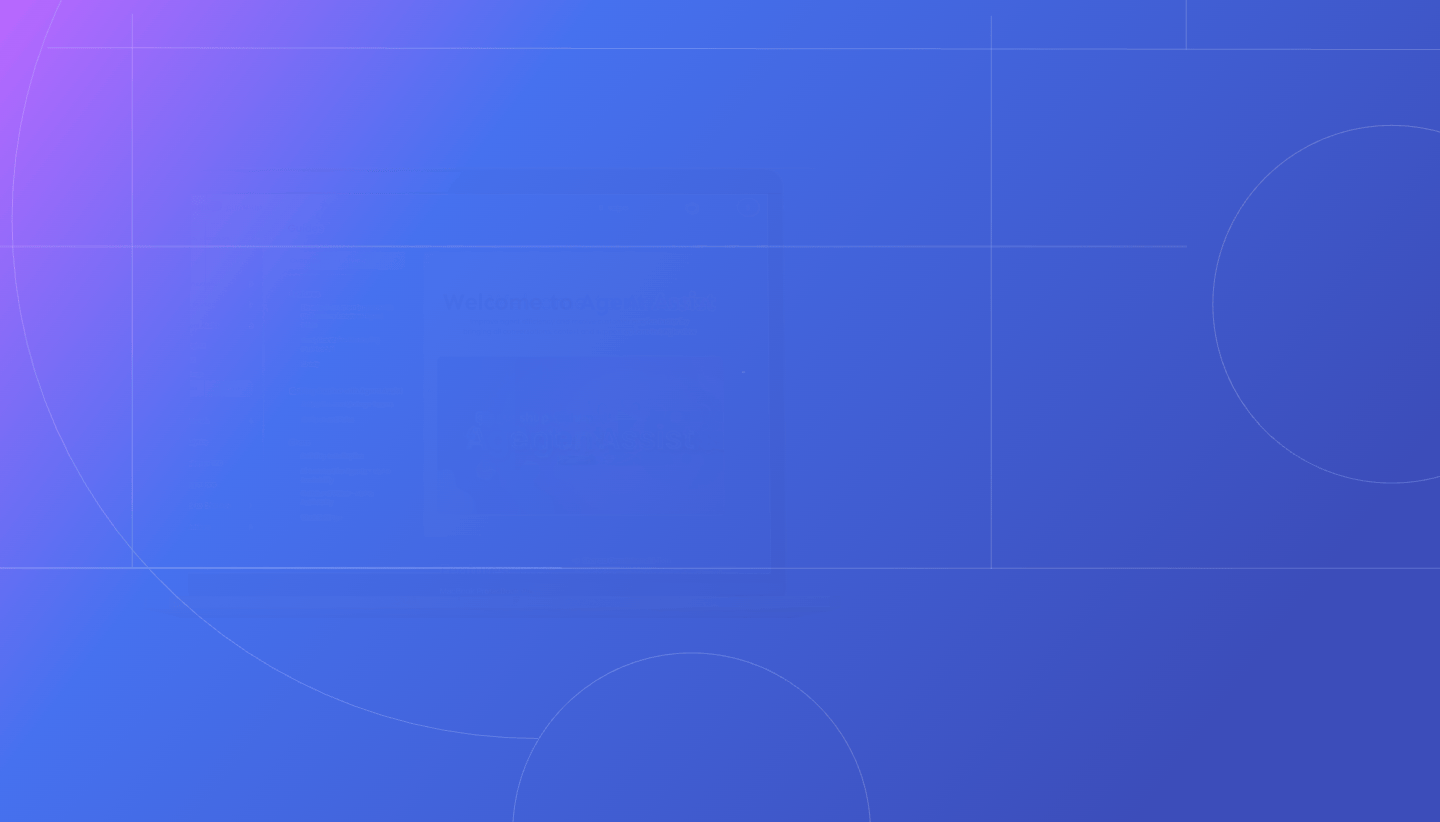
Project
User experience design intern in the Land Acquisition Management Team
Redesigning a system that allows users to identify, track, and purchase land for developing the project of expanding solar energy production in India. Geoacquire is a land acquisition management system that has reduced documentation
Info
Role
UX Design Intern at Sujosu
Timeline
May 15 - August 13, 2023
Tools
Figma
Miro
Adobe XD
Team
1 Project Manager
8 Software Engineers
2 Design Lead
Overview
Our client is a major solar energy private developer in India. I joined this project in its early phases. Over the course of 3 months I worked to build the design system from ground up and set up the primary user interface flows.
Problem
-
Land Owners find it difficult to track documents to purchase land
-
It is hard to track the stage of land acquisition that the land purchase is in.
-
The current system is not scalable and does not allow the user base to expand fast enough.
Outcome
-
Documentation errors and delays have decreased by 10%, leading to more efficient transactions.
-
Geoacquire’s tracking features allow users to follow land deals in real-time, providing visibility into every stage.
-
Enabled the solar energy sector to expand by 2% within 3 years, supporting India’s renewable energy goals.
Please note that some of the gifs below may take some time to load as you scroll through the page!
Context
Developers need to purchase & manage large plots of land to support solar energy demands
“Private solar project developers need to purchase and manage large plots of land to support India’s growing demand for renewable energy”
Solar Installations are targeted to reach 280 GW by 2030
In addition, the introduction of the Power Purchase Agreement in the Indian context allows an independent power producer to secure the payment stream from the purchaser ( state-owned electric utility) for a project.
What is the existing landscape?
Client manages crucial land documents through unreliable communication tools

Clients struggle to keep track of land documents with emails, phone call, & files
"There is a lack of digital workflow and a remote central system to systematize the land procurement process which involves interactions between various user groups."
Defining the problem
A lack of a proper system and workflow inhibits developers from acquiring land to execute solar energy projects.
LAMS is designed to identify, buy, or lease land for developing the Project with the intent of meeting Project Quality, Cost, Schedule, Safety, Regulatory, and statutory requirements.
Solution
Land acquisition management system that streamlines user interactions & workflows.
User experience design intern in the Land Acquisition Management Team
Redesigning a system that allows users to identify, track, and purchase land for developing the project of expanding solar energy production in India.


General responsibilities and roles
Overview &
Responsibilities
Since the application was in its early stages of development, I got the opportunity to work on building the design elements from ground up. This meant working on the design system and designing preliminary screens and user flows to optimize the user experience.
.png)
During my internship, I worked on the project view of the application
I focused on building a user flow to purchase, approve and keep track of acquisition developments throughout the process.


Document Management
The land acquisition process does not manage consents, various agreements, and legal documents in the system in an organized manner remotely.
This system helps manage all the documents in a central application that different user groups have personalized access to it.
.png)
Acquisition Transparency
The land acquisition process does not monitor the different stages of acquisition each land parcel is in. There is a lack of project transparency.
This design helps users view which stage of the acquisition process the land parcel is in. This helps monitor each stage in a clearer manner.
.png)
Land Purchase Approval
It is difficult to keep track of approval-related documents through emails, physical documents, and phone calls.
This system keeps all the approvals in a central application so that documentation is easy to access.
Understanding users and pain points
We talked to varied user groups at our client's company to understand needs
Lack of transparency and difficult to track info in the acquisition process
“There is no visibility of the stages of land acquisition each land plot is in. Additionally, each land owner may be responsible for multiple plots of land."
Lack of a central system that allows stakeholders to access information from any location
“If company executives want to expand the company then they are required to present the documents associated with purchased land to investors.”
Lack of a defined process that eliminates unnecessary data entries and is time-saving
“ A single facilitator is responsible for multiple plots of land sometimes even in different districts.”
User Responses
“There is no visibility of the stages of land acquisition each land plot is in. Additionally, each land owner may be responsible for multiple plots of land.
Lack of transparency and difficult to track documents in the acquisition process
“If there are 250 land owners that make up one land project, each owner has 5-8 documents. There is a large volume of documents and nowhere to organize it and hard to access."
Lack of a management system that can store, organize, and improve accessibility of documents
“If company executives want to expand the company then they are required to present the documents associated with purchased land to investors. It is immensely difficult to collect relevant documents from physical locations across India”
“ A single facilitator is responsible for multiple plots of land sometimes even in different districts. In the current ‘system’ facilitators have to add the same personal details multiple times”
Insights
Lack of transparency and difficult to track documents in the acquisition process
Lack of a management system that can store, organize, and improve accessibility of documents
Lack of a central system that allows relevant stakeholders to access information from any location
Lack of a defined process that eliminates unnecessary data entries and is time-saving
Feature #1
Document Management
After doing some user research, my team and I realized that the current system did not allow for project visibility of any kind. This meant that it was very difficult to track at what stage of land acquisition a land plot was in or which users have completed or are actively making progress in their actions.
User pain point
The land acquisition process does not monitor the different stages of acquisition each land parcel is in. There is a lack of project transparency.

.png)
Feature #1
Acquisition Transparency
User pain point
The land acquisition process does not monitor the different stages of acquisition each land parcel is in. There is a lack of project transparency.




.png)
Feature #3
Approval
Process
Once the land site is selected and approved by the different involved user parties, the next step involves getting approval from other user groups to finalize payment. The land team submits the request for land purchasing for HOD, Accounting Team, and Treasurer Approval. The screens below display this process.
User pain point
It is difficult to keep track of approval-related documents through emails, physical documents, and phone calls.

.png)

.png)
.png)

Design System



Retrospection
Reflecting on project outcomes
Since the application was in its early stages of development, I got the opportunity to work on building the design elements from ground up. This meant working on the design system and designing preliminary screens and user flows to optimize the user experience.
Communication is KEY!
Complex systems take time to build
This project came with an initial high learning curve that required understanding the UX architecture and corresponding that to specific user needs. This process involved lots of back and forth communication between the user groups, client representatives, and developers within our team for successful design to production.
Prior to this project, I had experience with more short term projects ( 3-6 month). However, this internship was my first introduction to large-scale projects with extended timelines. This meant that a lot of the work we were doing wasn't being instantly translated into a product. Instead, by learning how to build the system brick by brick I was able to truly understand how to break down complicated problems into smaller UX actionable steps.
Check out my other projects!

